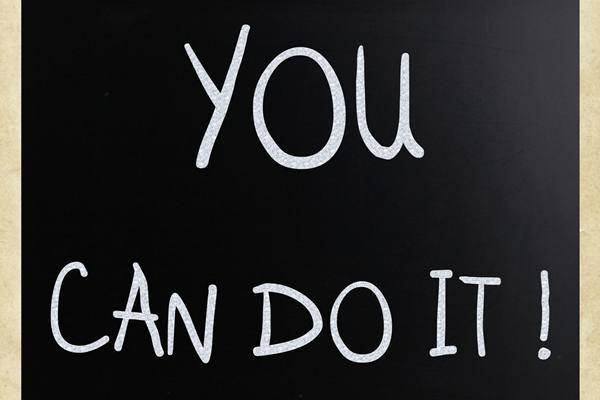ATD Blog
The Beauty of Feeling Uncomfortable
Tue Jan 28 2014

Too many people choose to play it safe every day. They choose to seek safety and comfort in the decisions they make. They steer clear of bold decisions. This is understandable. Safety is a good thing. However, the typical person avoids risk so passionately that they fail to advance as quickly, they fail to engage continuous learning, and thus they fail to be the most interesting version of themselves possible.
It turns out that feeling a bit uncomfortable is both a signal to be careful and avoid risk. At the same time, it is a huge opportunity to propel yourself forward. Personality does dictate risk taking to a certain degree. However, you can also view risk taking as a skill—and skills are things anyone can learn.
I’m defining being uncomfortable here as the somewhat unnerving feeling that you’re at the outer limits of your expertise and abilities, such that worry and doubt become a factor and you wonder whether or not you’re in danger of failure.
Do you take the risk or play it safe?
You face this fork in the road all the time. Think about it: You get your first job out of college and learn that it’s common to be considered for promotion in three years. You can accept this or you can try to earn a chance to buck the system and go up in two years. Or, let’s say you unexpectedly have a chance to fill in for someone and make the big presentation to a huge client. Do you volunteer or not? Or maybe you’re the boss of a team and its goal setting time. Do you take last year’s goals and add 5 percent or strive for something more difficult?
Let’s assume you’re standing on the precipice. You’re about to make a decision. You’re not sure if you’re going to play it safe or be bold. Only when you seriously consider being bold and you begin to feel uncomfortable will you realize three terribly useful things:
Feeling uncomfortable helps you think critically about your limits. Too often when operating within our typical range of ability—our skill comfort zone—we don’t think about our upper limits at all. There’s no reason to do so. However, if you desire to maximize what you can do for yourself and others over the long haul, you need to grow and stretch, and nothing helps you do that more than clearly knowing your limits. Only when you see them do you understand the specific barriers you must overcome.
Feeling uncomfortable also reminds you that to be bold is to volunteer to receive difficult feedback. This comes in the form of knowing your limits, but also in the form of critical evaluation from relevant others, whether that means colleagues, your boss, or clients. To push is to risk failure. If you’re smart you’ll turn that into great learning, but initially, falling short after making a bold decision attracts swift, likely negative, feedback. Do you want to volunteer for that?
Finally, as a consequence of thinking about your limits and the reality of difficult feedback, you start to think about whether or not it’s worth it. Thus, you examine your values. People often lack clarity about what they value, which can lead to suspect decision making.Oddly, the silver lining to adversity is often a harsh look at what you really value. I don’t wish adversity on anyone, which is why it’s important to remember that there are a few other catalysts for thinking about your values, such as feeling uncomfortable. More values clarity, better conviction surrounding the decisions you make.
What defines a great career is different for each and every professional. There is no perfect definition. However, I want to push you to be honest. If you really do want to achieve, you’re going to have to make bold decisions as often as you make safe decisions. Otherwise, you seriously risk plateauing earlier than necessary. The good news is that with practice you can become more and more comfortable feeling uncomfortable.
You've Reached ATD Member-only Content
Become an ATD member to continue
Already a member?Sign In
